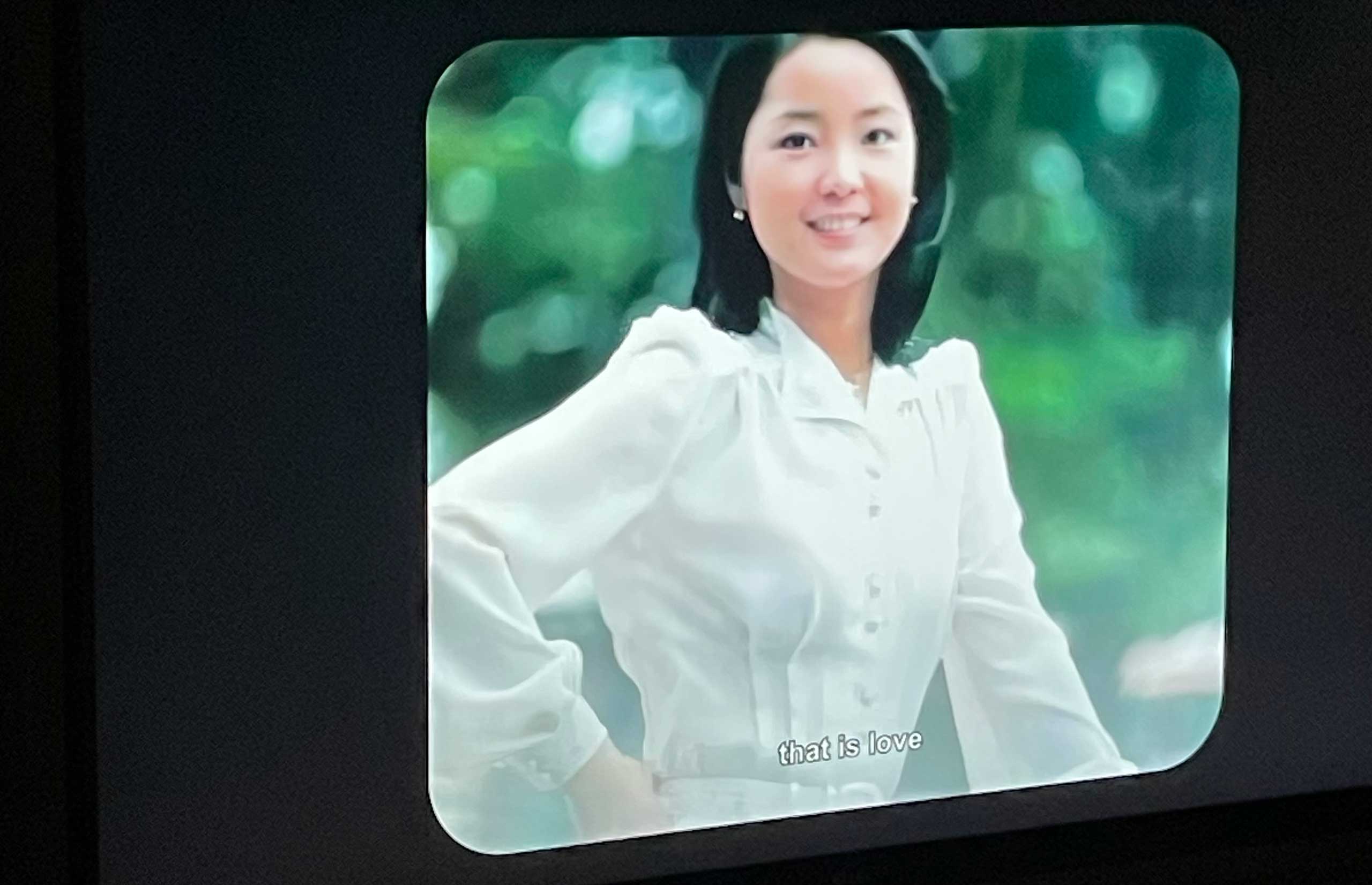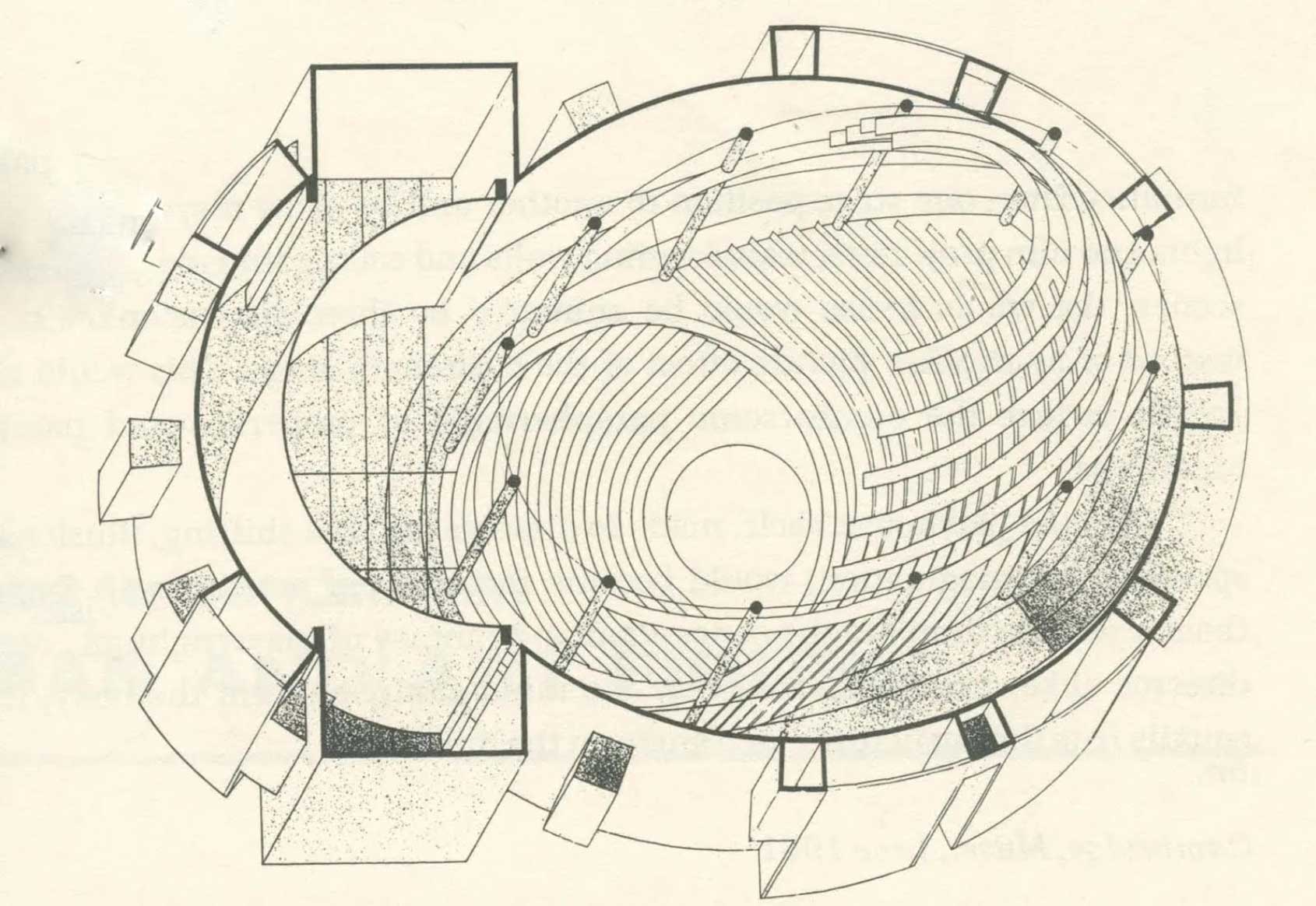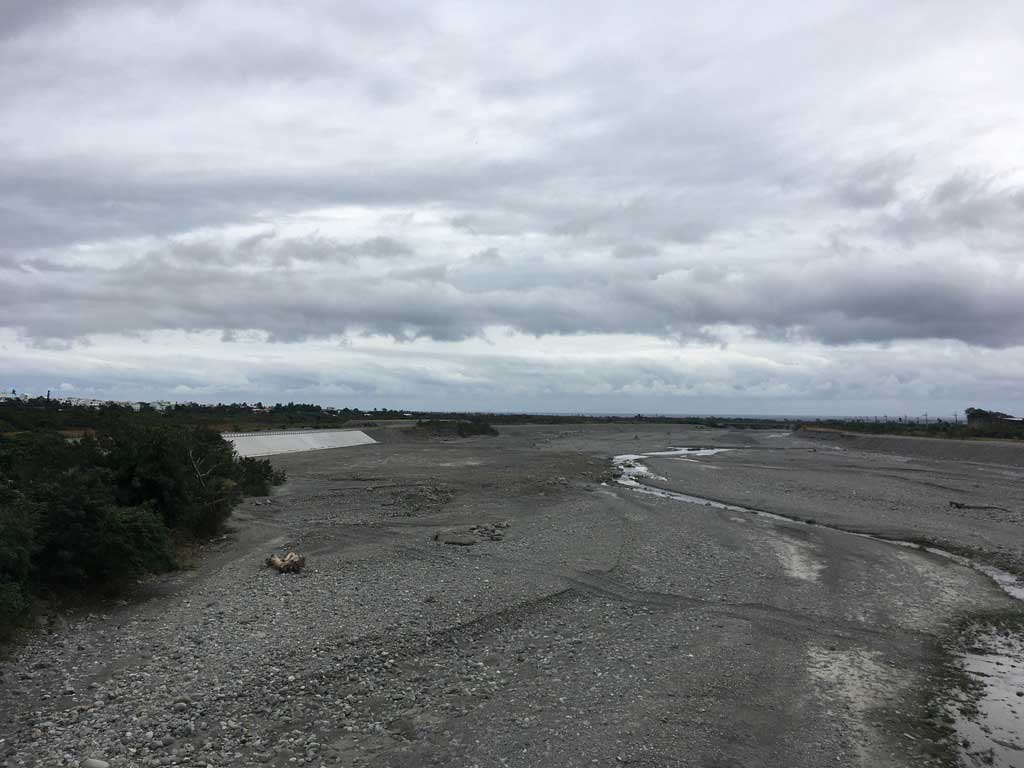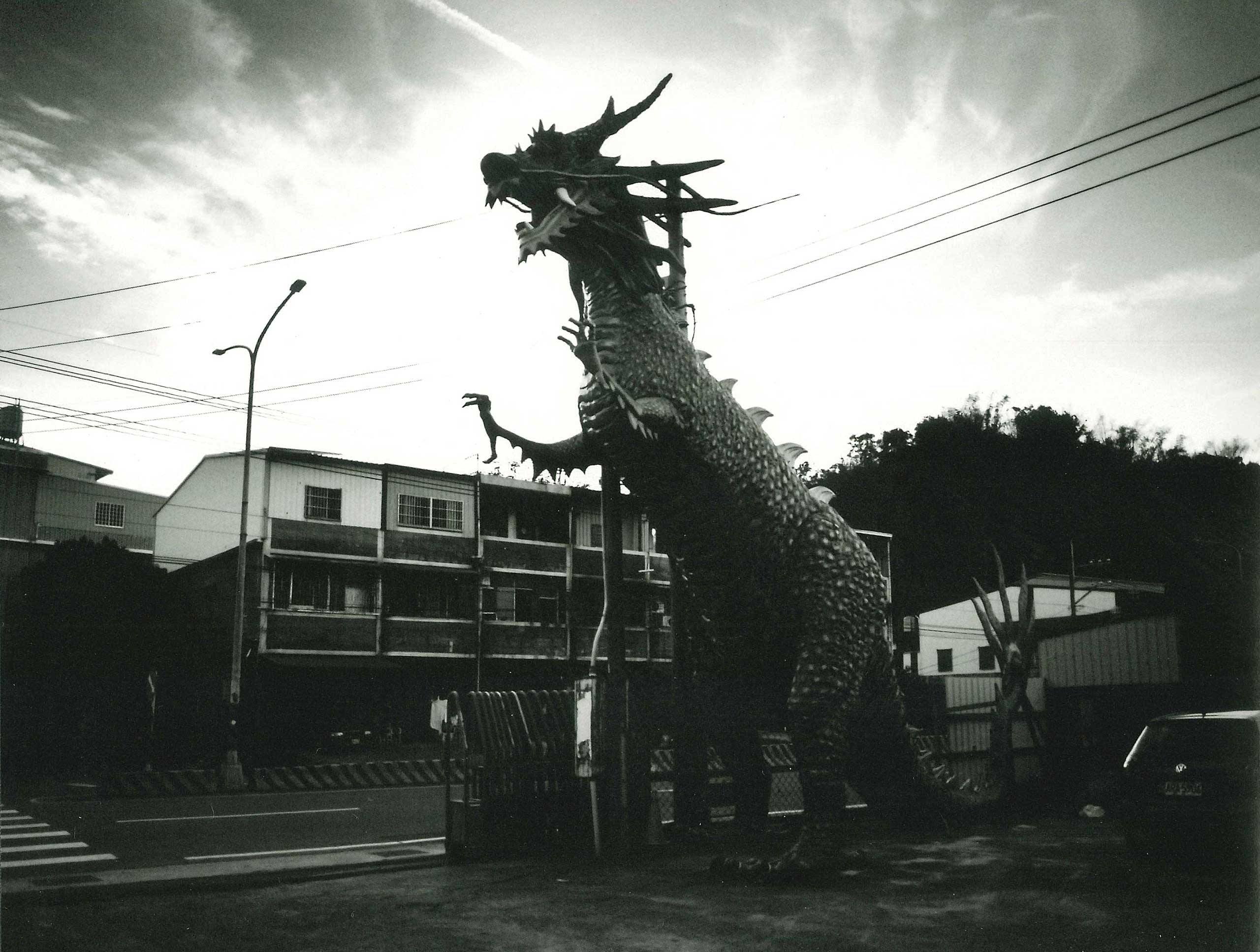The Economy of Curation and the Capital of Attention
The Economy of Curation and the Capital of Attention

Introduction
Hongjohn Lin
Exhibition-making inevitably involves an economy of curation, a challenge particularly crucial for independent curators aiming to realize their curatorial visions. This economic aspect reveals a wide range of concerns: from budget management and securing funding to determining the scale of exhibitions, overseeing installation processes, and navigating cultural policies. These practical concerns serve as a constant reality check, standing in contrast to the often idealized public image of curatorial practice. Moreover, this economy of curation is closely tied to what is known as “attention capital,” whereby visibility and audience engagement frequently dictate the perceived success or failure of an exhibition.






